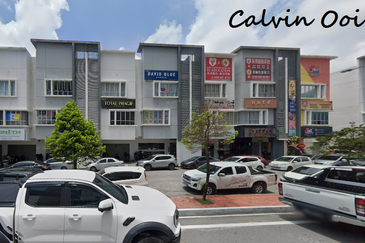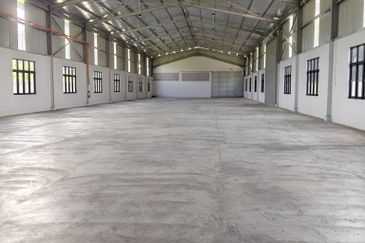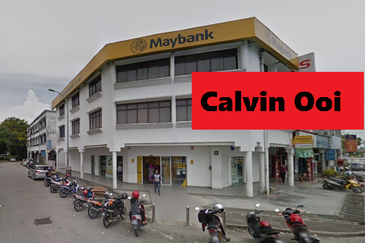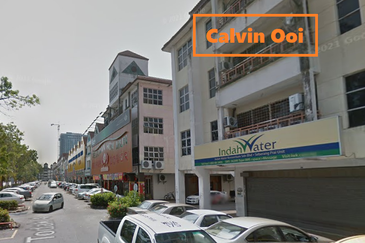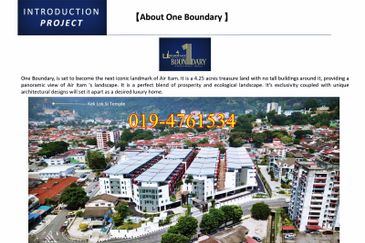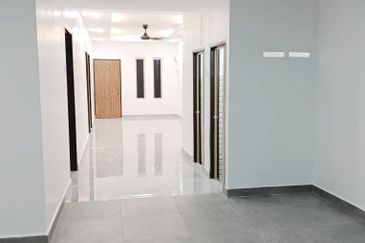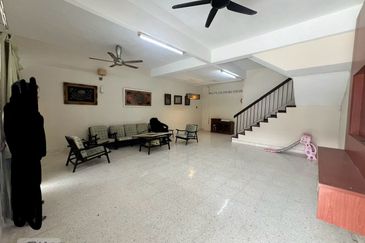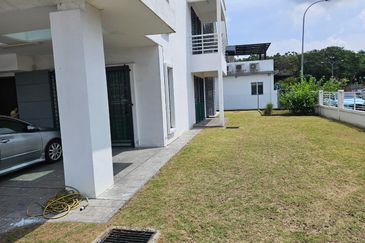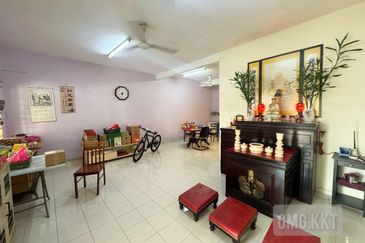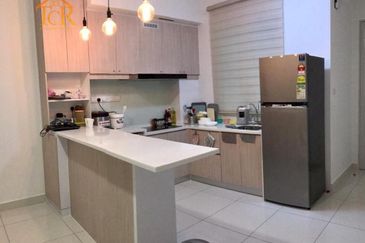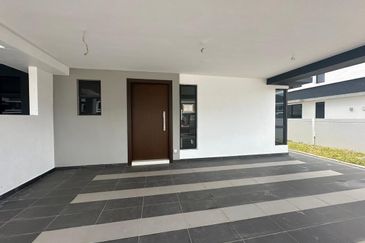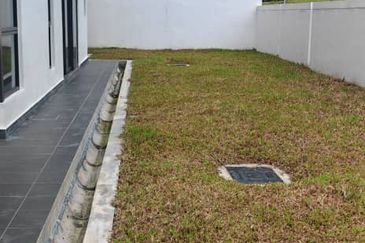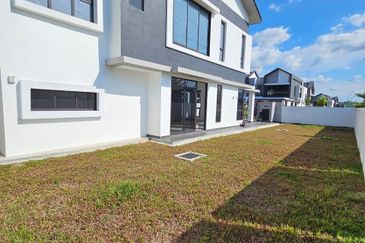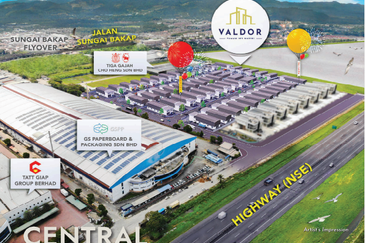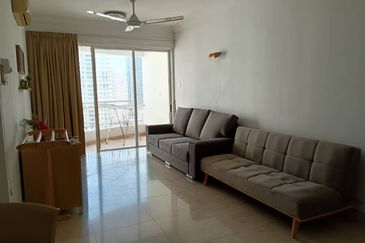
KUALA LUMPUR (Oct 12): The Ministry of International Trade and Industry (MITI) said the manufacturing sector is the most affected industrial sector hit by Covid-19.
This was due to the implementation of the Movement Control Order (MCO) to control Covid-19 transmissions, during which the sector was not allowed to operate, according to Deputy International Trade and Industry Minister Datuk Lim Ban Hong in Parliament on Tuesday.
“Data from Department of Statistics Malaysia (DOSM) for Industrial Production Index (IPI) for the manufacturing sector showed a decrease of 0.2% in June 2021 after recording a growth of 29.8% in May 2021. Sectors that contributed to this decline are the sectors that are not allowed to operate, which were transport equipment & other manufacturing; non-metallic minerals, base metals & engineered metals; wood, furniture, paper products and printing; and textiles, clothing, leather & footwear.
“The decrease in production output is in line with the closure of such sectors throughout the MCO where they were only allowed to put machines in standby (warm idle) for the automotive sector, iron, and steel, cement, ceramics, and glass. Meanwhile, other sectors such as wood, furniture, textiles, and clothing were still not allowed to operate during the MCO period and Phase One of the National Recovery Plan (NRP),” according to Lim.
He said this in response to a question from Rubiah Wang (GPS-Kota Samarahan) on which industrial sectors have been most affected since the country was hit by the Covid-19 outbreak.
On the government’s readiness to fully reopen economic sectors, Lim said the government through NRP has set an indicator of the number of new daily Covid-19 cases and vaccination rates to allow the economic sectors to operate.
To expedite the opening of the manufacturing sub-sectors that have not yet been able to operate under Phase One of the NRP, the government also has allowed the companies to operate once at least 40% of their workers had received two-dose vaccinations.
If 40% to 59% of employees were fully vaccinated, the workforce capacity at the workplace is raised to 60%; with 60% to 79% of employees fully vaccinated, this is increased to 80% of workforce capacity; and with 80% to 100% of employees fully vaccinated, businesses may operate with 100% workforce capacity.
Get the latest news @ www.EdgeProp.my
Subscribe to our Telegram channel for the latest stories and updates
TOP PICKS BY EDGEPROP

Mont Residence @ Tanjung Tokong
Tanjung Tokong, Penang
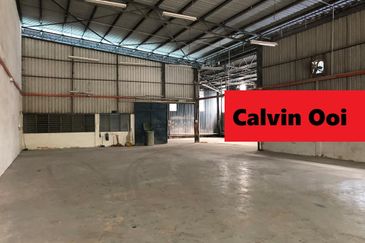
Taman Perindustrian Taman Juru
Simpang Ampat, Penang
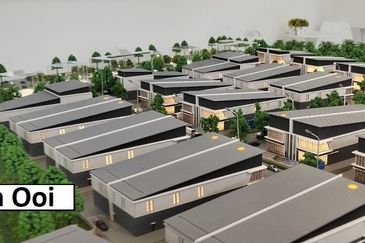
Taman Perindustrian Batu Kawan
Batu Kawan, Penang


